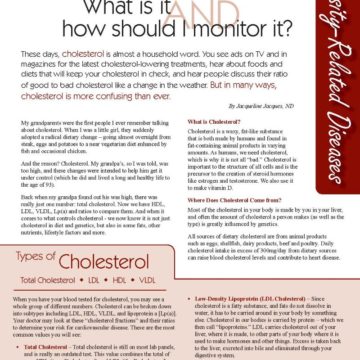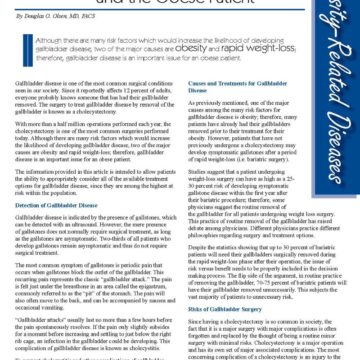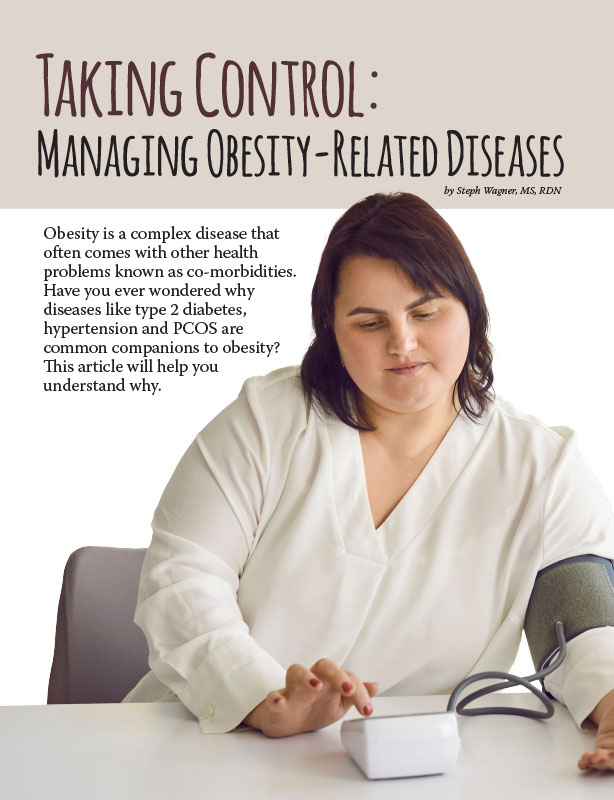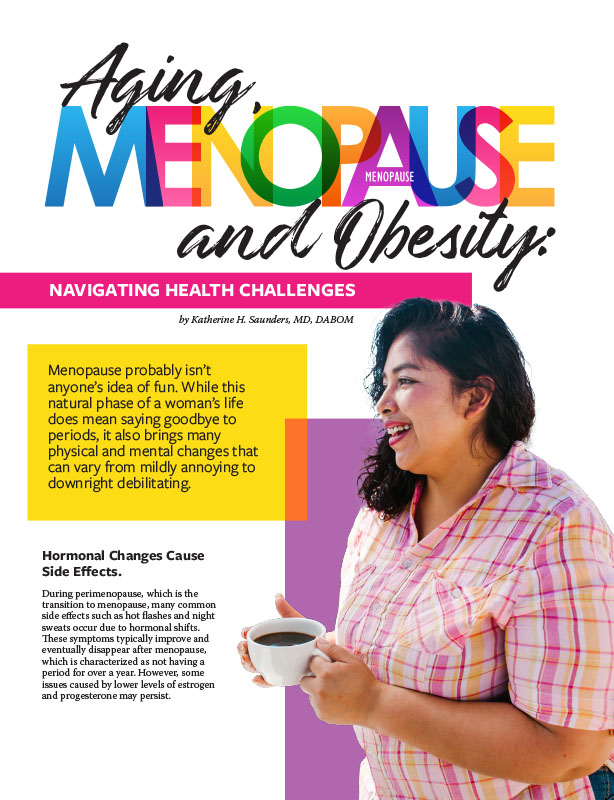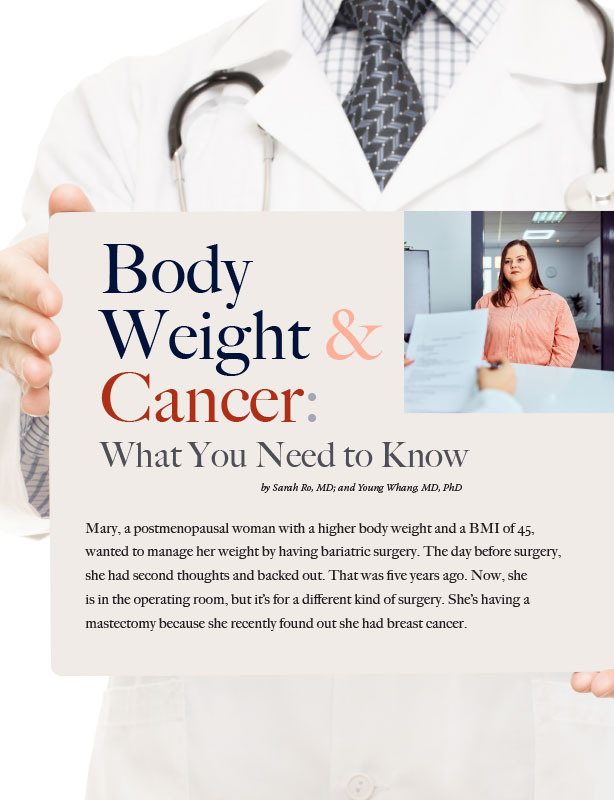Colon Cancer Life-saving Strategies to Avoid this Preventable Cancer

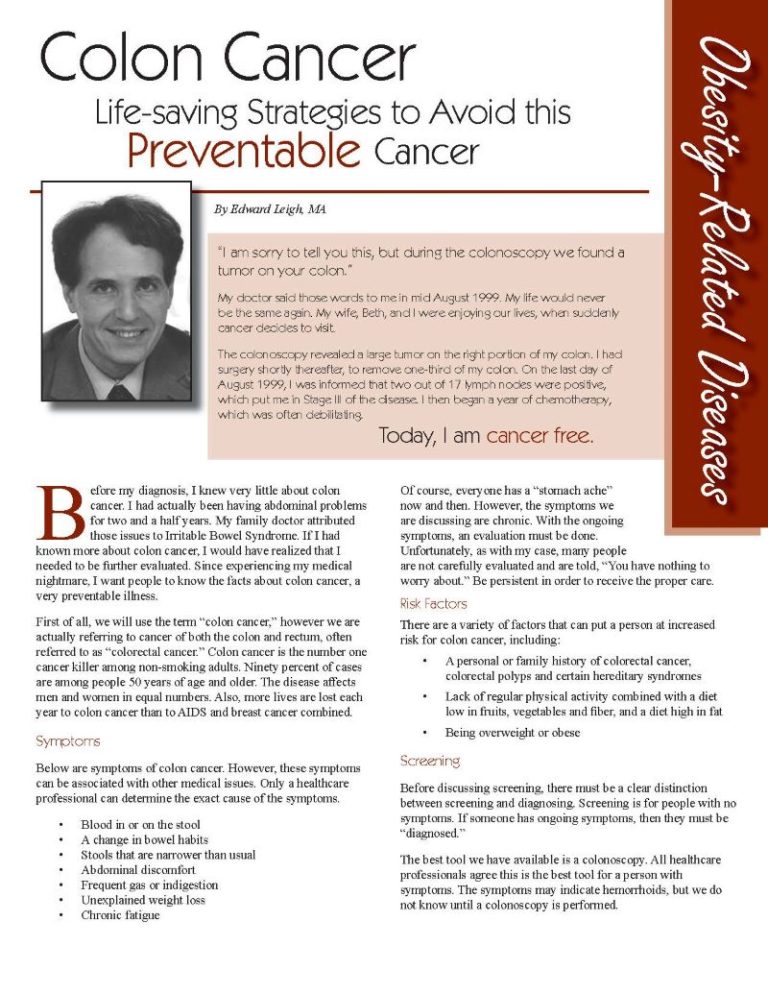
by Edward Leigh, MA
Winter 2008
“I am sorry to tell you this, but during the colonoscopy we found a tumor on your colon.”
My doctor said those words to me in mid August 1999. My life would never be the same again. My wife, Beth, and I were enjoying our lives, when suddenly cancer decides to visit.
The colonoscopy revealed a large tumor on the right portion of my colon. I had surgery shortly thereafter, to remove one-third of my colon. On the last day of August 1999, I was informed that two out of 17 lymph nodes were positive, which put me in Stage III of the disease. I then began a year of chemotherapy, which was often debilitating. Today, I am cancer free.
Before my diagnosis, I knew very little about colon cancer. I had actually been having abdominal problems for two and a half years. My family doctor attributed those issues to Irritable Bowel Syndrome. If I had known more about colon cancer, I would have realized that I needed to be further evaluated. Since experiencing my medical nightmare, I want people to know the facts about colon cancer, a very preventable illness.
First of all, we will use the term “colon cancer,” however we are actually referring to cancer of both the colon and rectum, often referred to as “colorectal cancer.” Colon cancer is the number one cancer killer among non-smoking adults. Ninety percent of cases are among people 50 years of age and older. The disease affects men and women in equal numbers. Also, more lives are lost each year to colon cancer than to AIDS and breast cancer combined.
Symptoms
Below are symptoms of colon cancer. However, these symptoms can be associated with other medical issues. Only a healthcare professional can determine the exact cause of the symptoms.
- Blood in or on the stool
- A change in bowel habits
- Stools that are narrower than usual
- Abdominal discomfort
- Frequent gas or indigestion
- Unexplained weight loss
- Chronic fatigue
Of course, everyone has a “stomach ache” now and then. However, the symptoms we are discussing are chronic. With the ongoing symptoms, an evaluation must be done. Unfortunately, as with my case, many people are not carefully evaluated and are told, “You have nothing to worry about.” Be persistent in order to receive the proper care.
Risk Factors
There are a variety of factors that can put a person at increased risk for colon cancer, including:
- A personal or family history of colorectal cancer, colorectal polyps and certain hereditary syndromes
- Lack of regular physical activity combined with a diet low in fruits, vegetables and fiber, and a diet high in fat
- Being affected by excess weight or obesity
Screening
Before discussing screening, there must be a clear distinction between screening and diagnosing. Screening is for people with no symptoms. If someone has ongoing symptoms, then they must be “diagnosed.”
The best tool we have available is a colonoscopy. All healthcare professionals agree this is the best tool for a person with symptoms. The symptoms may indicate hemorrhoids, but we do not know until a colonoscopy is performed.
Assuming no symptoms are present, we are in a screening scenario. There are many options. You need to begin screening at age 50, then continue getting screened at regular intervals. After turning 50, if your doctor does not think you need to be screened – find another doctor.
Screening tests can find precancerous polyps (abnormal growths) in the colon and rectum; polyps can be removed before they turn into cancer. Screening tests for other types of cancer may find cancer in the early stages, such as mammograms.
However, with screening for colon cancer, we can find the polyp before it can turn into cancer. In this case, we are actually preventing the cancer from developing.
This is a list of some commonly used tests.
- Colonoscopy- During the exam, the doctor uses a narrow, flexible, lighted tube to look at the inside of the rectum and the entire colon. During the exam, the doctor may remove polyps (abnormal growths) and collect samples of tissue or cells for closer examination. Also, during the test, sedatives are given; most people experience no pain during the test.
- Flexible Sigmoidoscopy- The doctor (or other specially-trained healthcare professional) uses a narrow, flexible, lighted tube to look at the inside of the rectum and the lower portion of the colon. During the exam, the doctor may remove polyps (abnormal growths) and collect samples of tissue or cells for closer examination. This is only a partial colon exam. About 2/3 of the colon is not viewed and polyps and tumors can be missed.
- Fecal Occult Blood Test- This test checks for occult (hidden) blood in the stool. Blood in the stool does not mean cancer is present. Blood can result from hemorrhoids or other conditions. However, further testing must be done to evaluate the cause of the bleeding.
- Double-Contrast Barium Enema- This is an x-ray of the rectum and colon. The barium coats the lining of the intestines so that polyps and other abnormalities are visible on the X-ray.
What is the best screening test for you? Any test is better than no test at all; however, the gold standard is considered the colonoscopy.
Obesity and Colon Cancer Risk
According to an article publish on the WebMD Web site, obesity more than doubles a woman’s risk of developing colon cancer or growths that can lead to colon cancer. The findings emphasize the need for women with obesity to be screened for colorectal cancer, says the American College of Gastroenterology (ACG) President David A. Johnson, MD, a gastroenterologist at Eastern Virginia Medical School in Norfolk. “If a woman is reluctant about being screened, she needs to consider that her risk is a lot higher than that of women of normal weight,” he says.
The time to act is now! Colon cancer screening saves lives. Today, make plans to get tested. This may just be the most important decision of your life.
About the Author:
Edward Leigh, MA, is a health educator, professional speaker and seminar leader focusing on creating positive workplace environments. His expertise put him in the national spotlight through interviews on MSNBC News, The Today Show, Discovery Health Channel and the Learning Channel. Sign up for his fun and informative complimentary electronic newsletter, “Joy on the Job,” at www.edwardleigh.com.
by Steph Wagner, MS, RDN Spring 2024 Obesity is a complex disease that often comes with other…
Read Articleby Katherine H. Saunders, MD, DABOM Spring 2024 Menopause probably isn’t anyone’s idea of fun. While this…
Read Articleby Sarah Ro, MD; and Young Whang, MD, PhD Fall 2023 Mary, a postmenopausal woman with a…
Read Article




